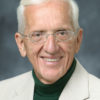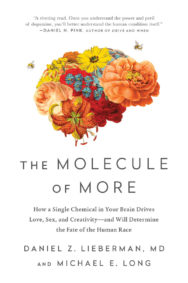
R. Douglas Fields, PhD, is a neuroscientist and an international authority on nervous system development and plasticity. He received advanced degrees from UC Berkeley, San Jose State University, UC San Diego, and he held postdoctoral fellowships at Stanford and Yale Universities before joining the National Institutes of Health, in Bethesda, Maryland. He is also Adjunct Professor at the Neuroscience and Cognitive Science Program at the University of Maryland, College Park and an American Association for the Advancement of Science fellow. He has published over 150 articles in scientific journals and books from his experimental research into how the brain is modified by experience, and the cellular mechanisms of memory. His scientific research has been featured internationally in newspapers, magazines, radio, and television, including the National Geographic, ABC News Nightline, andNPR Morning Edition. His research on nervous system plasticity involving non-neuronal cells (glia) in white matter regions of the brain, is recognized as pioneering a new non-synaptic mechanism of nervous system plasticity. In 2004, he founded the scientific journal Neuron Glia Biology, to advance research on interactions between neurons and glia, and he serves on the editorial boards of several neuroscience journals.
In addition to his scientific research, Dr. Fields is author of numerous books and magazine article about the brain written for the general reader, including The Other Brain, about brain cells that communicate without using electricity (glia), and Why We Snap, about the neuroscience of sudden aggression, as well as numerous articles in popular magazines including Outside Magazine, The Washington Post Magazine, Scientific American and Scientific American Mind, Time, Undark, Quanta, and on-line columns for The Huffington Post, Psychology Today, Scientific American, the Society for Neuroscience, BrainFacts, and others, and he is scientific advisor to Scientific American Mind.













